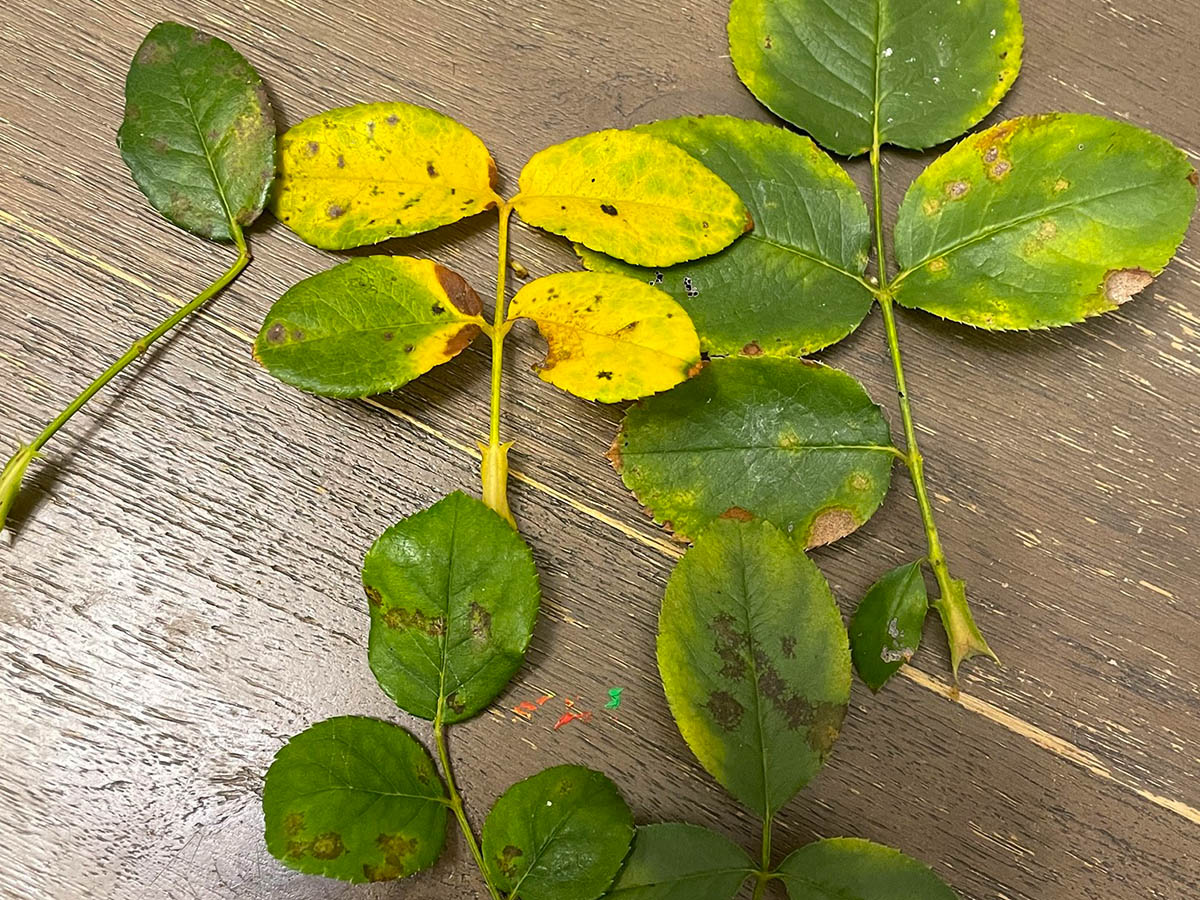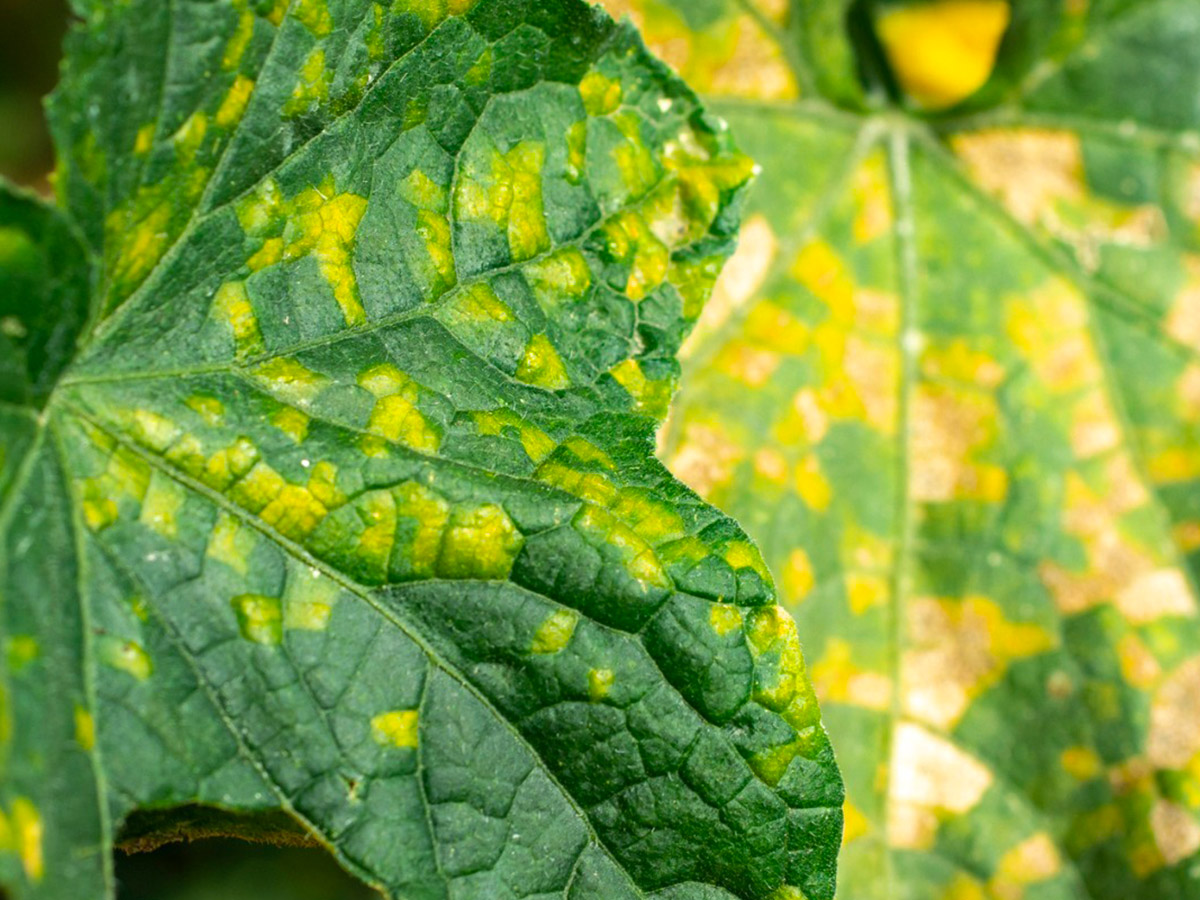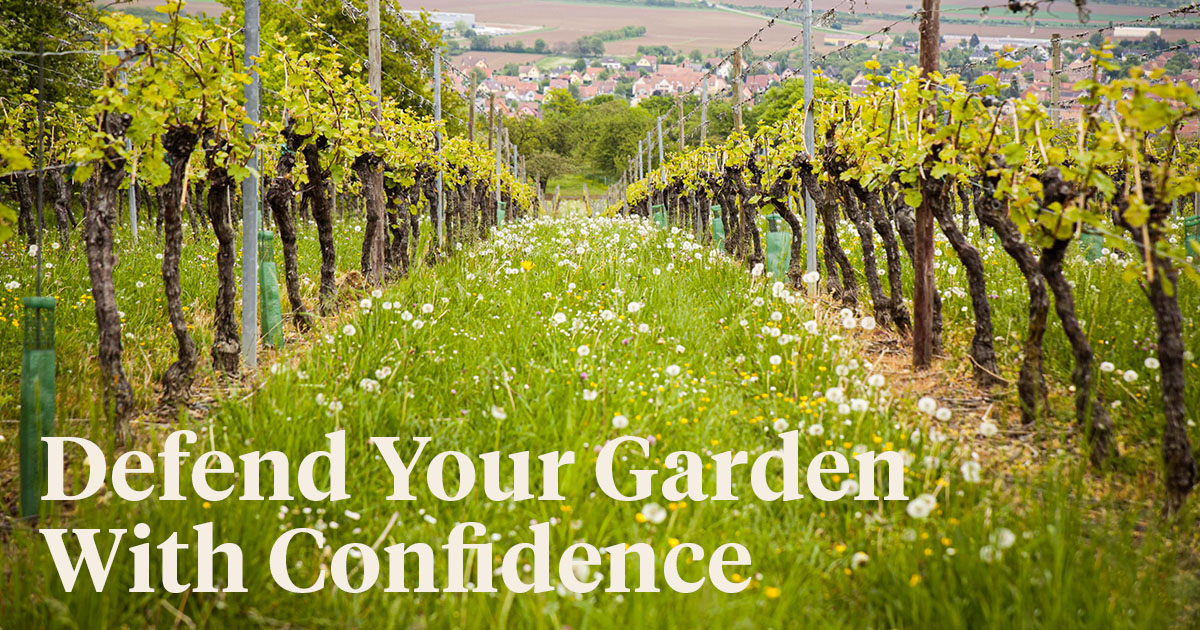Imagine a flourishing garden, filled with vibrant flowers and lush greenery. The sheer beauty and tranquility of such a sight can instantly uplift our spirits. However, lurking in the shadows, a mysterious threat known as downy mildew can stealthily invade and harm our beloved plants. Let's explore this to shed light on this elusive enemy and arm you with the knowledge needed to defend your garden with confidence.
Unveiling the Origins of Downy Mildew
This is your first step in conquering the enemy. Learn about its behavior. So, first, learn what is downy mildew, and why are we have combatting this already for so long.

Ancient Origins: A Stealthy Foe
Downy mildew has haunted gardens for centuries, silently ravaging plant life and causing distress to gardeners worldwide. This fungal-like organism traces its roots back to ancient times, and its ability to adapt and survive has made it a persistent adversary.
A Tale of Environmental Factors
The development and proliferation of downy mildew are closely tied to environmental conditions. Moisture, humidity, and cooler temperatures provide the perfect breeding ground for this insidious intruder. As a gardener, understanding these factors can help you identify vulnerable plants and implement preventive measures.

Photo by A. Machi via Texas Plant Disease Diagnostic Lab.
The Importance of Knowing the Dangers
Better safe than sorry, right? There are some quite simple tips and tricks on how to protect your garden, to avoid or eradicate downy mildew.
Preserving the Aesthetic Appeal
One of the primary reasons gardeners should be aware of downy mildew is its potential to ruin the visual splendor of a well-maintained garden. Imagine the disappointment of nurturing a vibrant flower bed, only to see it succumb to the unsightly blemishes caused by this disease. By recognizing the early signs and taking action, you can safeguard the aesthetic beauty of your garden.

Photo by Sevin By GardenTech.
Protecting Your Precious Plants
Downy mildew doesn't merely mar the appearance of plants; it can also weaken and even kill them. By spreading through spores, this adversary can rapidly infect neighboring vegetation. Educating yourself about downy mildew empowers you to take swift action and protect your precious plants from irreparable damage.
Preserving Biodiversity
Healthy plants contribute to a thriving ecosystem, supporting a diverse range of insects, birds, and other wildlife. By safeguarding your garden from downy mildew and other diseases, you create an environment that encourages biodiversity. Your efforts as a gardener help maintain a delicate balance in nature, fostering a harmonious coexistence.

Effective Strategies to Combat Downy Mildew
1. Proactive Prevention
Prevention is the first line of defense against downy mildew. Regularly inspect your plants for signs of infection, such as yellowing leaves or white powdery patches. Implement good cultural practices, including proper spacing between plants, promoting adequate airflow, and ensuring proper drainage. By providing optimal growing conditions, you can discourage the development of downy mildew.
2. Natural Remedies
When it comes to combating downy mildew, nature offers a range of effective remedies. Consider incorporating natural solutions into your gardening routine:
- Neem Oil: This organic oil acts as a natural fungicide, inhibiting the growth of downy mildew. Dilute neem oil according to the manufacturer's instructions and apply it to affected plants.
- Baking Soda Spray: Create a solution by mixing baking soda, water, and a few drops of liquid soap. Spray this mixture onto plants to create an alkaline environment that inhibits the growth of downy mildew.
- Copper-based Fungicides: Copper sprays are widely used in organic gardening to control downy mildew. These products create a protective barrier on plant surfaces, preventing the fungus from establishing itself.
Remember, natural remedies are a valuable tool in your arsenal, but consistency and proper application are key to their effectiveness.
1-minute video by University of Georgia, USA, showing what mildew looks like:
3. Disease-Resistant Varieties
Plant breeders have developed downy mildew-resistant varieties of certain plants. These specially bred cultivars exhibit enhanced tolerance or resistance to the disease, reducing the risk of infection. When planning your garden, research and select disease-resistant varieties to safeguard your plants.
4. Crop Rotation
Implementing a crop rotation strategy can help break the disease cycle and reduce the incidence of downy mildew. By alternating the placement of susceptible plants, you limit the availability of host plants for the fungus, effectively impeding its spread.
When planting your beds, do not use the same plants in the same areas as you did last year. For instance, Plasmopara obducens - a species of fungus that causes Impatiens downy mildew - can potentially overwinter as oospores (a kind of spore) in soil and old debris. Space plants as far apart as possible. This will promote good airflow and promote drier conditions that are less favorable for downy mildew to develop. For the same reason, avoid overhead watering (e.g., watering with a sprinkler). Instead, use a soaker or drip hose to apply water gently to the soil without splashing it onto leaves.
Embracing a Bright Future for Your Garden
Though downy mildew may seem like an ominous threat, armed with knowledge and proactive measures, you can create a garden that thrives despite its presence. By understanding the origins, dangers, and effective strategies to combat downy mildew, you are equipped to protect your plants and preserve the natural beauty of your garden.
Remember, vigilance and regular monitoring are crucial. Stay observant, and at the first signs of downy mildew, take action promptly to minimize its impact. With each gardening triumph over this resilient foe, you cultivate not only stunning landscapes but also a sense of accomplishment and pride.

So, embark on this journey with confidence. Discover the secrets of defeating downy mildew and embrace a bright future for your garden!
Header image by Flash Dantz from Unsplash.






